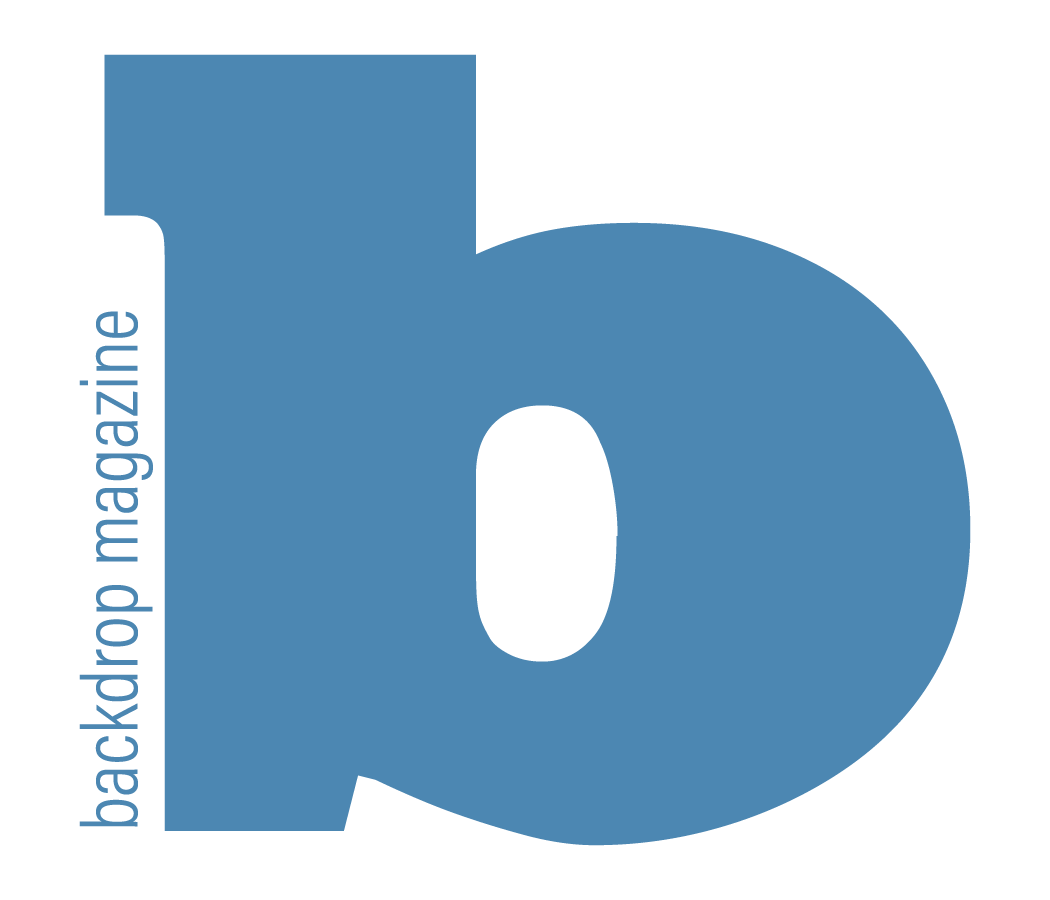The Right to Read
How Little Professor Book Center is fighting against book banning at a local level.
Story by Macy Colbert
Photos by Pearl Spurlock | Design by Ellie Sabatino
Since American literature began exploring taboo topics, book bans have existed. The first recorded censorship occurred in 1637 when the book New English Canaan was banned. The novel was criticized by the government because of its negative perspective of Puritan values.
Reactions to new ideas that oppose traditional standpoints are often strong, especially when those ideas are looking to shift the common perspective toward a new reality. However, when groups with influence oppose an idea, that opposition trickles down and eventually strips regular individuals of understanding. This process is happening in local libraries and school districts statewide because individual states have control over their public institutions.
The Owner of Little Professor, Nicholas Polsinelli, poses for a portrait.
The American Library Association (ALA) recorded that 2,571 individual books were proposed to be banned in 2022. Compared to 2021, the number of targeted titles has increased by 38%. Of these titles, many were written by authors of color and members of the LGBTQ+ community. The characters in the novels often express a point of view that reflects the experience of being from a minority group in America. In silencing these voices, gaining knowledge of perspectives outside of one’s own becomes blocked.
PEN America, a free-speech organization whose acronym stands for Poets, Essayists, and Novelists, found that 75% of book removals were inspired by governmental efforts. In seven states, a few of them being Florida, Tennessee, Oklahoma and Utah, new laws have been passed to regulate library materials to the public. Approximately 66 school districts have been impacted by these measures.
One way in which a community can combat the removal of controversial titles is to shop locally at businesses that encourage diversity, like Little Professor Book Center in Athens.
Emma Diel is a junior at Ohio University studying English and an active member of OU’s chapter of the English Honors Society. “A part of the reason why there are book bans is because there are books that challenge a certain ideology or challenge something that goes against the status quo,” she says. “By having those bans, you are cutting off access to the information, but by having those small stores like Little Professor, you are not only giving people that access to information but you are also actively fighting against said book bans.”
Little Professor Book Center is a local bookstore that has been located in Athens for about 25 years. Located at 65 S Court St., the business is in the heart of uptown. They carry a varied selection of reading choices and even incorporate a display for Banned Book Week. Community members can support small businesses such as Little Professor to signal the importance of reading a wide range of literature.
For example, Little Professor holds many Toni Morrison novels. Toni Morrison is a renowned American writer who has faced many calls for censorship. In 2022, the ALA gathered data concluding that her novel, “The Bluest Eye,” was the third most challenged book.
“Toni Morrison won the Nobel Prize for Literature,” says Nicholas Polsinelli, the current owner of Little Professor. “It’s ridiculous to ban someone who won that prize, and they clearly just haven’t read Toni Morrison. That seems very evident.” Yet, acclaimed works of literature remain suppressed because of sensitive content.
Along with Toni Morrison at Little Professor, you can find titles such as “An Indigenous Peoples’ History of the United States” by Roxanne Dunbar-Ortiz and “The Queer Advantage” by Andrew Gelwicks. El Polinsky, a junior studying English and an executive member of the Classic Literature Book Club says, “Having an alternate way to get these books, even when the school is banning them, is definitely helpful.”
Little Professor especially caters to the needs of OU professors. Often, instructors will request an order for the titles taught in their classroom to guarantee on-campus student accessibility. The bookstore offers local and educational support by sourcing requests made by professors and students alike, no matter where their interests may lie. Despite opinions and rulings, Little Professor serves the Athens community with books that exhibit all sorts of viewpoints, guaranteeing there will be something to interest anyone.
Professor Megan Russel, who specializes in horror as a genre and the rhetoric used by cultish groups, holds concern for those growing up in a constrained educational system.
“If bans exist at the lower levels, K-12 levels, those students eventually will come to my classroom and they won’t have had the same level of experiences with certain texts that students 20 years ago had,” Russel says.
Knowing that this may pose a potential problem in the future of higher education, Russel always orders her required texts through Little Professor, knowing her students will have guaranteed access to the course readings by shopping there.
On the value of reading banned books and ones facing such threats, Russel says, “They’re worth reading. They’re worth fighting for.”



